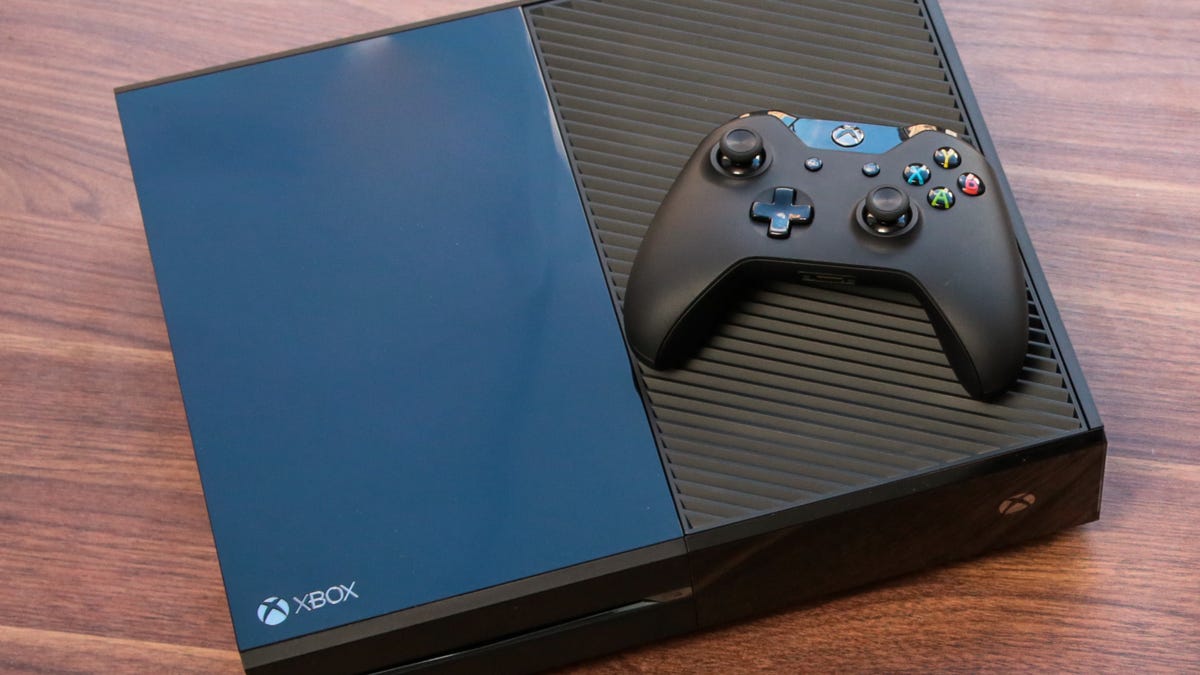The Xbox is finally becoming a Windows PC. Do you care?
This summer, Microsoft will unify the Windows 10 and Xbox One app stores, fulfilling a long-standing promise to let game consoles double as Windows computers.

If an inexpensive $300 Xbox game console could double as a Windows computer, would you use it that way?
This summer, Xbox One owners will finally be given that option. Microsoft will turn the separate
and Xbox One app stores into a single shared marketplace, the company confirmed at a developer conference Wednesday.What that means: Users should be able to buy a piece of Windows software just once, and use it on an Xbox One game console in addition to desktop and laptop PCs. Xbox One owners will gain access to productivity apps and expanded social networking, not just games.
The catch: for any given piece of software to work on both traditional computers and Xbox game consoles, it needs to be specifically built as a "universal" app using Microsoft tools. Most existing Windows programs wouldn't work -- only the ones found inside the easy-to-ignore app store built into the latest versions of Windows.
So far, it's been hard to convince developers that making apps for the Windows Store is a valuable use of their time. Microsoft's promise of universal apps is a familiar pitch, and one that's never quite panned out.
Even though the ability to run the same apps across multiple platforms could mean more app sales for those developers, those platforms haven't sold well enough to justify the effort. Windows 10 and Windows 8 -- there was no Windows 9, remember -- which include the Windows Store, currently run on fewer than 25 percent of the world's computers. Windows phones made up just 1.9 percent of the global market in 2015, according to Gartner.
Microsoft's Universal Windows Platform lets developers build apps for desktop, laptop, phone, tablet, and Xbox simultaneously.
Still there's reason to believe that universal apps could be more successful this time around. While Windows Phone and the Xbox One originally ran stripped-down versions of Windows that weren't as capable as the ones on laptop or desktop, the Xbox One is now running on top of the same Windows 10 operating system. Unlike previous game consoles, it also uses PC-like processors inside.
In other words, the Xbox One already is a Windows PC -- it just doesn't have PC apps yet. (It's never had PC apps, even though Microsoft originally marketed the Xbox as a Windows computer back in 2013.) When Microsoft unifies the Xbox and Windows app stores this summer, users will finally be able to download those apps -- including new arrivals Facebook, Facebook Messenger and Instagram, also announced Wednesday at Microsoft's developer conference.
(Microsoft will also finally let developers use the Xbox One as a devkit this year, fulfilling another long-standing promise.)
Who would actually want to use an Xbox One as a regular Windows computer? That's an open question. But Microsoft seems to believe video games could help bridge the gap.
Earlier this month, Microsoft committed to start bringing new games to Xbox and Windows simultaneously, instead of picking one or the other. That could mean gamers with powerful PCs won't need to buy an Xbox to play the latest Halo. But it could also mean those gamers will get used to buying their games from the Windows Store, at long last.
They might find they like being able to start playing those same games on an Xbox in front of a comfortable couch, or at a friend's house. Perhaps they'll realize they can do the same with other apps, too.
And if Microsoft's next Xbox turns out to be nothing more than a simple, powerful, couch-friendly Windows PC with a price to match, those acclimated users may not think of it as just a game console anymore.
Perhaps the next time they're looking for a new computer, they'll purchase one with a shiny Xbox badge.

